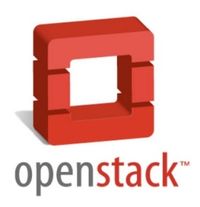
By grabbing control of Java, OpenOffice and Solaris, all with active communities, then seizing proprietary control of all of them, Oracle showed that not even the GPL is sufficient protection for a community's interests. An effective governance process is also vital – Oracle's undermining of Apache in the Java Community Process only underlined the point.
So now we come to OpenStack, which is trying to build a truly open source cloud stack. Glyn Moody, over at the H, hints that its promises are being broken, combining a Stallman rant and an Eben Moglen call for an open source social networking stack as his indictment.
To which OpenStack can, I feel, confidently reply not guilty. Because it does seem to be taking the issue of governance seriously.
Moody fears that, with the purchase of Anso Labs, sponsor Rackspace now dominates the OpenStack board. As Moody writes:
That matters, because this concentration of influence changes the dynamics of the project quite dramatically. It is no longer really a loose group of major partners, but a fairly traditional open source project where most of the power lies with one company, with others tagging along for all the good reasons that open source provides. That's still valuable, but it's very different from the premise and promise of a vibrant collection of companies working and competing in this space.
True.

If they were really into control, I think, they'd have that conference in Austin or even San Antonio, both of which offer better food and air connections than San Jose.
Fact is, OpenStack is continuing to gain community support and the number of clouds written with the stack, now approaching the release of its third release (called Cactus, a real Texas name might have been Comal), is impressive.
The thing about governance, as Egypt is going to learn, is that it's not built on a day, or through a promise. It's not even about the Constitution, but the promise of that being fulfilled. It's something that happens over time, a continuing challenge of process which demands both a thick skin against critics, and the sensitivity to respond to words with action.










